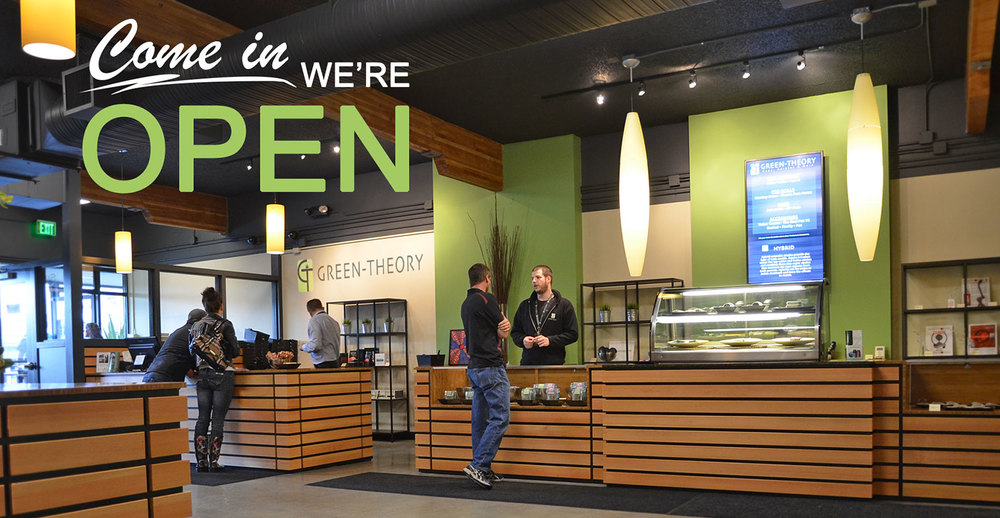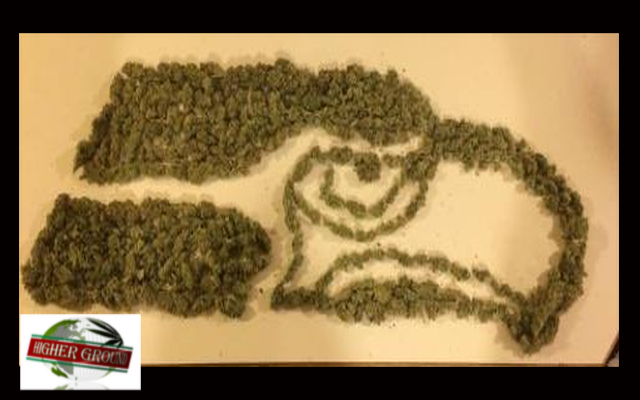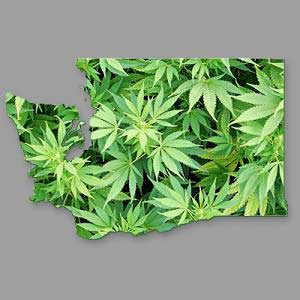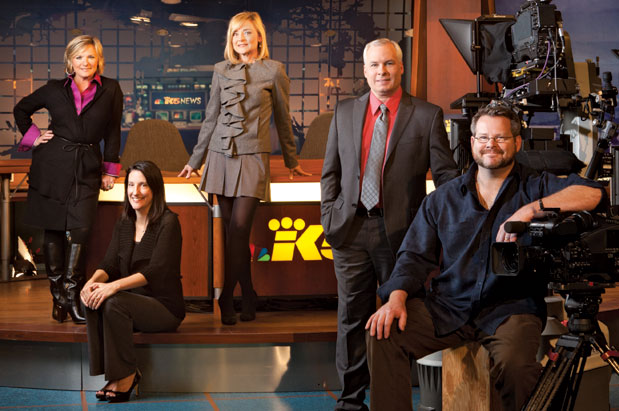Washington State Update: Cannabis Public Media
July 8th, 2016 marked the one-year anniversary of retail cannabis sales in the state of Washington, and while the implementation of I 502 has been a success on many levels, a recent change in cannabis laws regarding medical marijuana enacted during the last legislative session have mandated many radical and unpopular changes to the nation’s second oldest medical marijuana program … for an update on cannabis in Washington state CPM’s Brian Bahouth spoke with Michael Stusser, Seattle Weekly columnist and host of Higher Ground TV … listen to this mix of words and music …










